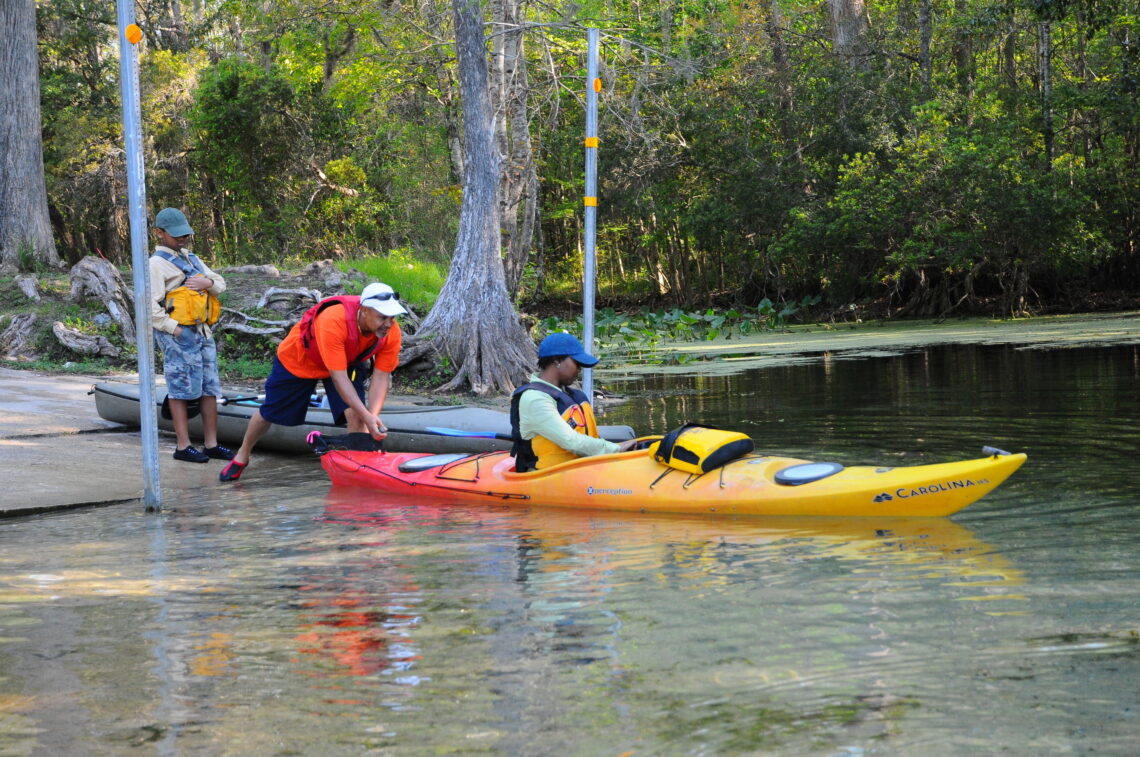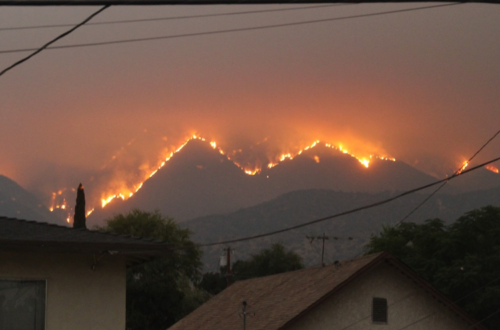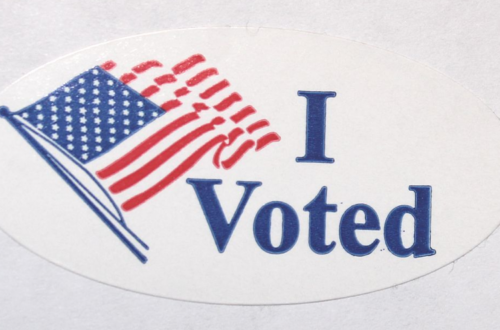Kayaks lie beached, stuck in the mud of the river banks. The parks’ trails are empty of tourists and residents alike. Your water bill is higher than ever before.
What I am describing is a glimpse into the future of what Floridians may be facing within their lifetime. Given the condition of Florida’s current water resources, we cannot afford to only think about our limited clean water supply and delicate water quality when there are crises like red tide outbreaks or massive lawsuits.
Florida is on track to run out of water because its government promotes growth without effectively enforcing the laws meant to ensure it is sustainable. We, the people, are accomplices. Of course, we should be able to trust our leaders to be on top of this looming crisis, but many of the plans the various bureaucracies across the state have put out are insufficient.
According to Ryan Smart, the director of the Florida Springs Council, the many Basin Management Action Plans that the Florida Department of Environmental Protection is required by law to prepare are flawed. When interviewed, Smart noted that many of these plans do not even reach the minimum reduction of water use they are supposed to.
Another concern Smart brought up, and one that is shared by the Florida Audubon Society, relates to the carelessness both the FDEP and the Florida Department of Agriculture show toward monitoring agriculture.
Agriculture is not only a usual suspect whenever our water has too much nitrogen, phosphorus, or other pollutants; it is also the second largest user of water, after the public water supply. Right now, state laws require that agencies ensure agricultural operations are meeting environmental requirements and not just dumping waste into rivers.
Ideally, this would be done by site visits where the agencies send state employees to check up on different facilities. What actually happens is that the companies behind agriculture are allowed to fill out the forms as though they were evaluating themselves.
That is like a utilities company telling you, “No need for us to send over a meter reader, just tell us how much we should charge you!”
Are the FDEP and FDACS in cahoots with Big Sugar and the rest of the agricultural sector? Probably not more than any other part of the government is.
The point is that even though Florida has some of the strongest environmental protection laws on paper, our environment continues to worsen. We must not forget that the political power necessary to improve our environment as we grow in population depends upon citizens paying attention to what the state is getting right and what it is getting wrong.
If we do not pay attention before it is too late, then our clean water systems, as Smart puts it, could die a “death of a thousand paper cuts.”
On top of everything already discussed, Water Management Districts, which are regional boards subsidiary to the FDEP with members appointed by the governor, tend to approve water usage projects based on how much each individually drains local supply as opposed to basing it on how much they collectively use up.
So are we running out of clean water? It is hard to say exactly, but the fact that it is even a valid concern puts me on edge.
Different parts of the state are growing faster than others, and some parts have better plans and usage reduction projects. The St. Lucie basin plan, for example, is far ahead of its five-year reduction milestone, whereas the plan of Lake Okeechobee’s progress looks concerningly like a flat line.
To do my part, I will look to donating to organizations like the Florida Springs Council, or Florida Audubon, or on a more local note, the Friends of the Wekiva River, who advocate for the protection of Wekiva Springs, one of the top spots in Central Florida for outdoor recreation.
I spoke with Friends’ treasurer Mike Cliburn earlier this year, and he spoke of the “cautiously optimistic” attitude he holds, hoping that we see not only institutional change on water policy but also individual changes. These include using Florida-friendly landscaping in gardens or shifting to a modern septic tank system.
Even though each individual has a minuscule effect on the environment as a whole, it is going to take all of us — and our government — to ensure we have clean water.
Check out other recent articles from Florida Political Review here.
Featured image: Kayaking the Wekiva river. Photo taken by Tim Donovan, Florida Fishing and Wildlife Commission. March 19, 2012. Available under Creative Commons 2.0 license.






2 Comments
Mike Chuven
I personally don’t believe we have a water shortage, but I have been shouting for years that we have water mismanagement. We don’t like to be inconvenienced by rain runoff, so we build systems to rush the water to the nearest depository, which is, most of the time, a river or the ocean. We take perfectly good water and then mix it with brackish or salt water, ruining the ability to reuse it. I have been a proponent of sending rain water and reclaim water to wetlands and recharge areas to make up for the continuing loss of percolation ground due to construction and paving. One start would be to require farmland to have retention ponds that are recharged with rain. Irrigate from the pond and only remove from the ground when necessary. There are many other ways to manage our water resources, but unless it is forced, nobody will want to spend the up front money to make it happen even though it would be a cost saver in the long run.
Jim Tatum
This question should not be asked if the author would check records which show that we have about a 30 % or more decline in spring and river flow in Florida. Our water districts and DEP are fully aware of this but continue to give pumping permits and allow AG to self-monitor. Administrative law judges almost always side with industry. The public has no input and the districts refuse to consider public interest. DEP and water districts throw millions for spring restoration so they can pat themselves on the back, but they NEVER attack the source, just the symptoms. A good example is the Task Force on algae and red tide, it was simply a distraction for DeSantis’ political agenda and did nothing to treat sources, in spite of the pleas of some sincere members who were ignored. It was a boondoggle just is is the useless DEP.